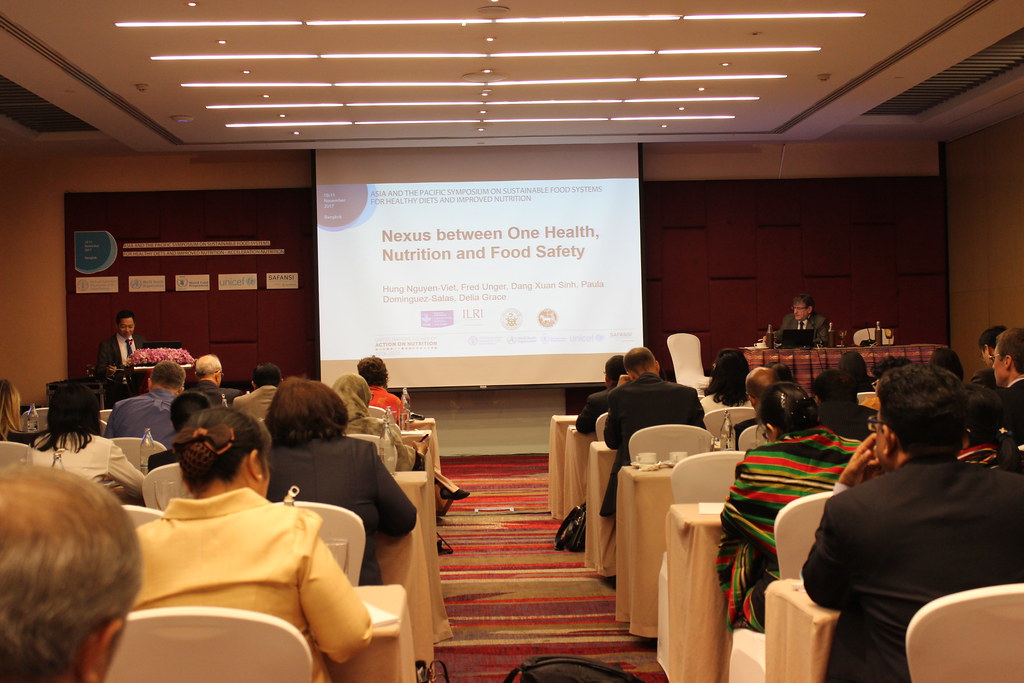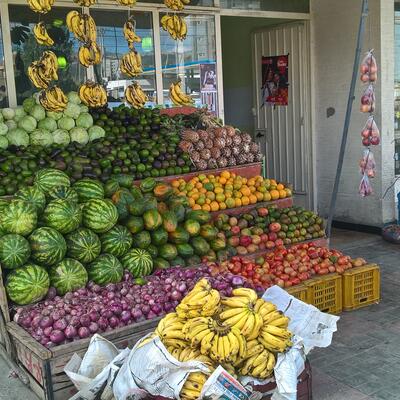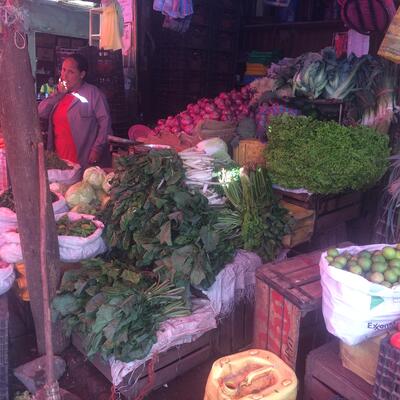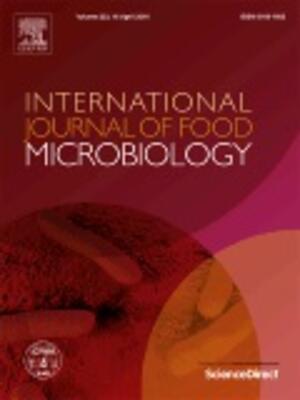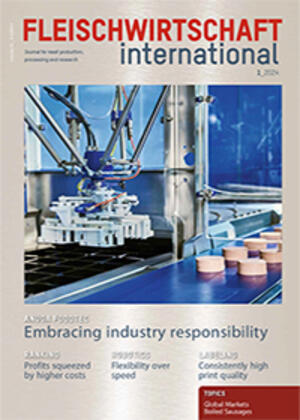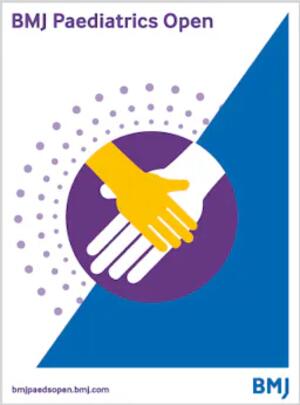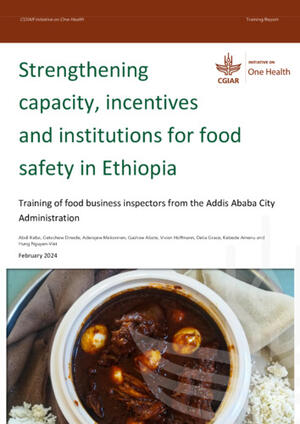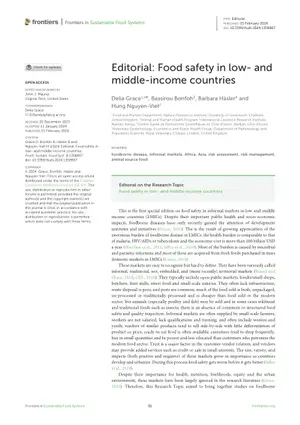
The nexus between One Health, nutrition and food safety
One Health is a useful paradigm for framing complex public health issues. Applying its approaches contributes to improvements in animal and human health, addressing new global and public health challenges collaboratively and improving veterinary and human health education and training.
Hung Nguyen, the International Livestock Research Institute (ILRI) regional representative for East and Southeast Asia, said this during an Asia and the Pacific Symposium on Sustainable Food Systems for Healthy Diets and Improved Nutrition held in Bangkok, Thailand on 10-12 November 2017.
Nguyen, who is also a researcher in the CGIAR Research Program on Agriculture for Nutrition and Health (A4NH), gave examples of how the use of One Health food approaches is improving food safety in Vietnam specifically through a ‘reducing disease risks and improving food safety in the smallholder pig value chain’ project in the country, also known as PigRisk.
The project is funded by the Australian Centre for International Agricultural Research (ACIAR) and A4NH to improve the livelihoods of the rural and urban poor in Vietnam by reducing the disease risks associated with pig farming and trade in pig products. The research team assessed the impacts of pork-borne diseases on human health and the livestock sector and identified critical points for risk management. The PigRisk team’s economic evaluation of food-borne disease showed that costs per treatment episode and per hospitalization day for food-borne diarrhoea cases in Vietnam were USD106.9 and USD33.6 respectively. Findings from the project’s food safety risk assessments were translated into policy which contributed to a government report on food safety risk management in Vietnam.
According to Nguyen, One Health livestock interventions help improve production, generate more incomes for people and improve their nutrient intake and diets. He said that broader impacts could be achieved if these interventions were accompanied by nutrition education and the involvement of women.
He said the implementation of One Health approaches more widely in the region will require policy changes, capacity development in One Health and better coordination between the health and agricultural research sectors.
Over 200 participants including policymakers, researchers, students and representatives of government, civil society, the private sector and development partners from approximately 30 countries in Asia and the Pacific, North America and Europe attended. It was co-hosted by Food and Agriculture Organization of the United Nations (FAO), the World Health Organization (WHO), and The United Nations Children’s Fund (UNICEF).
Download the presentation here.






